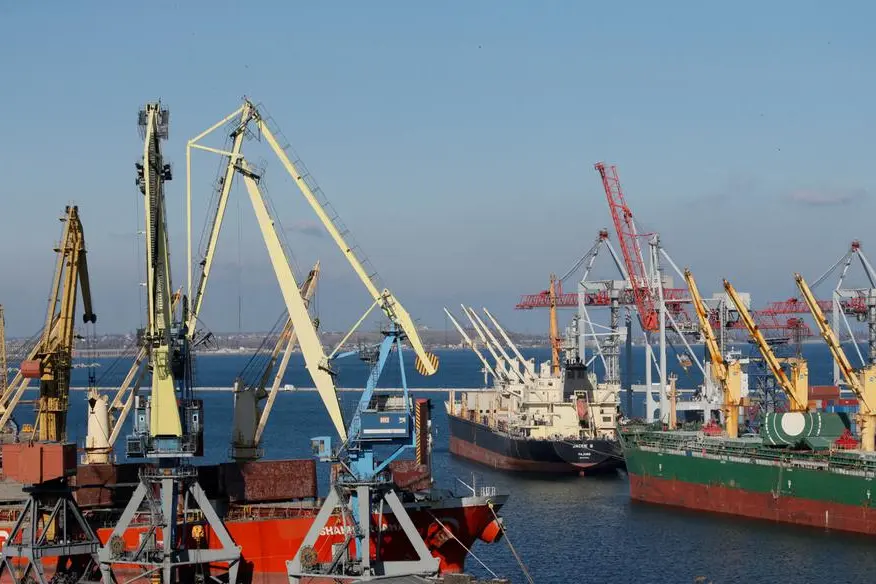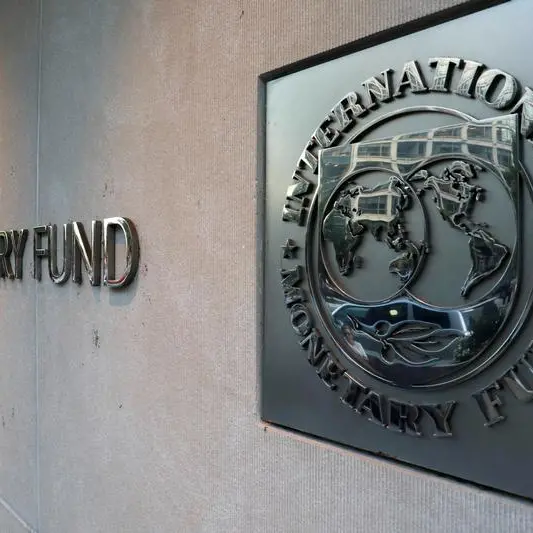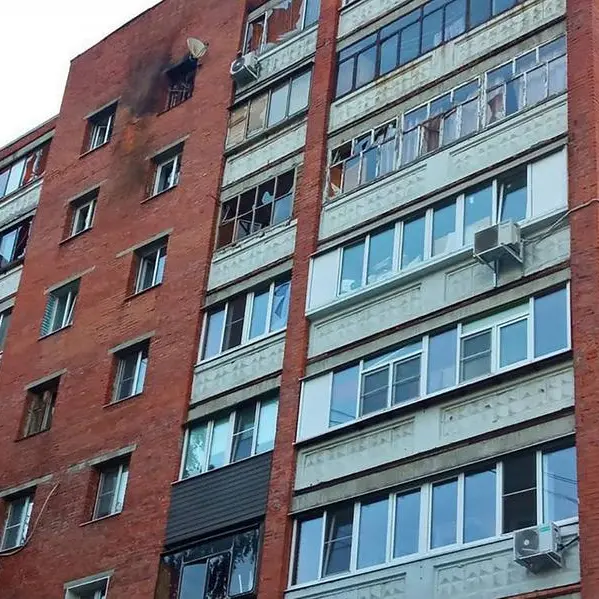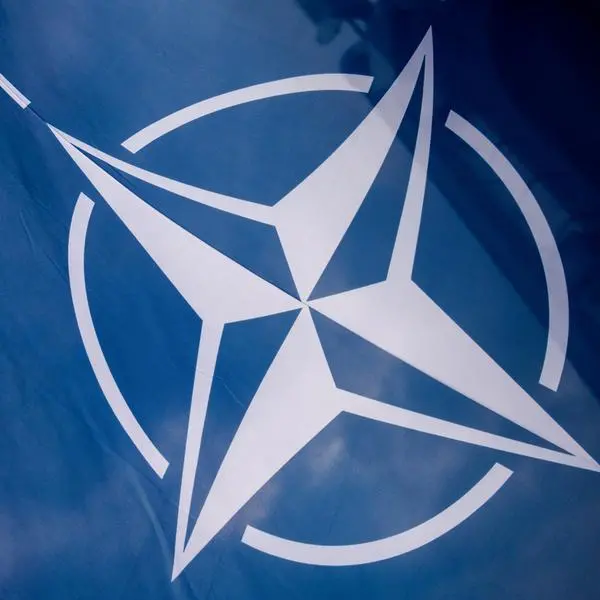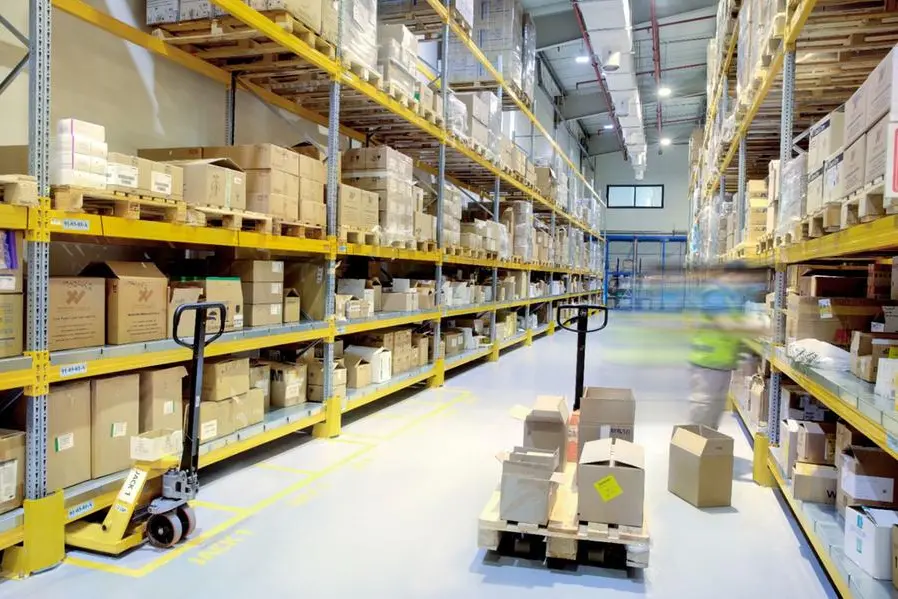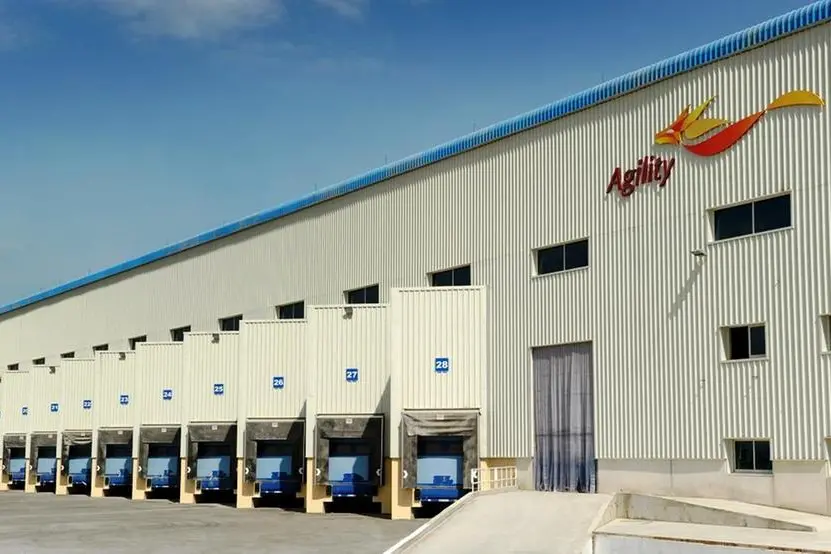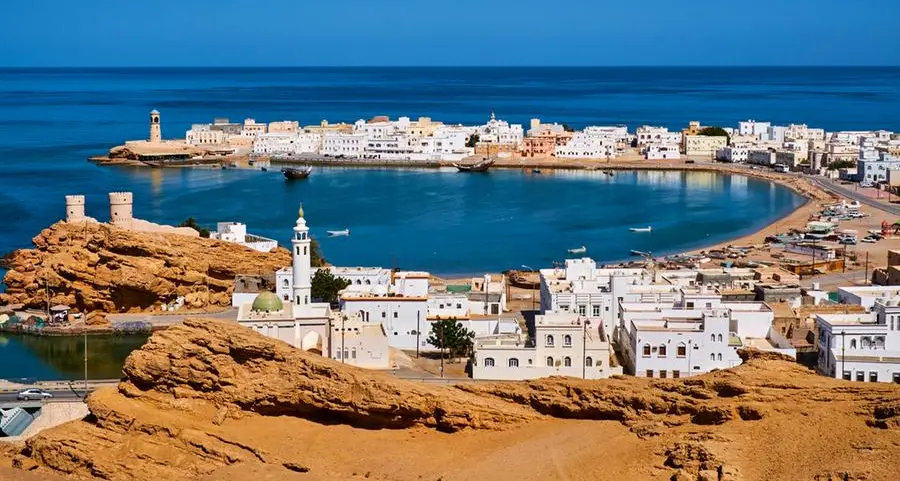PHOTO
LONDON- The risk of coming across floating mines in the major Black Sea shipping route is adding to perils for merchant ships sailing in the region, and governments must ensure safe passage to keep supply chains running, maritime officials say.
The Black Sea is key for shipping grain, oil and oil products. Its waters are shared by Bulgaria, Romania, Georgia and Turkey, as well as Ukraine and Russia, which have been at war since President Vladimir Putin invaded his southern neighbour on Feb. 24.
Ukraine and Russia have accused each other of laying mines in the Black Sea, and in recent days, Turkish and Romanian military diving teams have defused stray mines around their waters.
The International Transport Workers’ Federation (ITF) union and the Joint Negotiating Group of maritime employers said they were trying to find ways to ensure that seafarers and their vessels don't become "collateral damage in the continuing conflict in Ukraine".
"We strongly urge governments to do all in their power to mitigate the threat and secure the safe passage for vessels trading near these conflict areas," said David Heindel, chair of the ITF Seafarers’ Section.
"It is essential that the world’s seafarers can continue to perform their duties safely and keep global supply chains moving."
Two seafarers have been killed and five merchant vessels hit by projectiles - which sank one of them - off Ukraine's coast since the start of the conflict, shipping officials say.
"The information available points to a clear threat to shipping and seafarers from floating and drifting mines in areas of the Black Sea," said a spokesperson with UN shipping agency the International Maritime Organization.
NATO's Shipping Centre said in an updated advisory on April 4 that there were ongoing searches by national authorities for "mine-like objects" and that "the threat of additional drifting mines cannot be ruled out."
Last month, the insurance industry's Joint War Committee widened the high-risk area of waters around the Black Sea and Sea of Azov to include areas close to Romania and Georgia, which has contributed to underwriters raising premiums.
"If it transpires that there are significant numbers of live mines that exceed littoral state abilities to contain them, then JWC will move to reassess the listed areas," the Committee said in a separate note on March 31.
(Reporting by Jonathan Saul Editing by Bernadette Baum)
